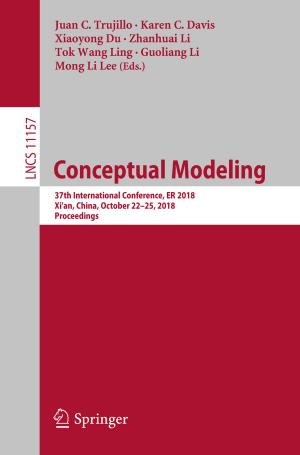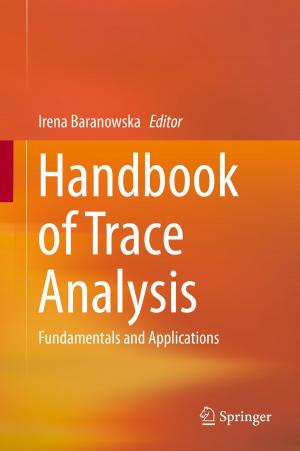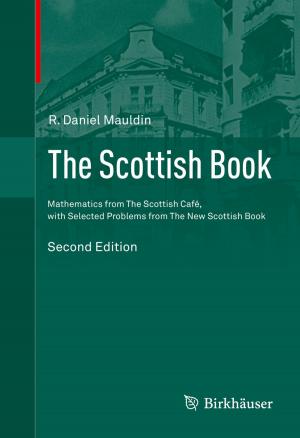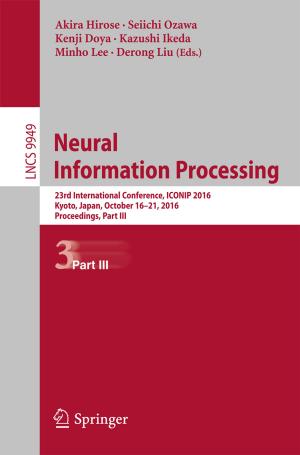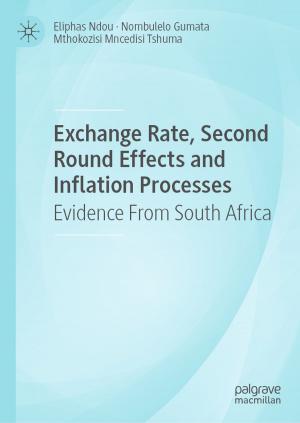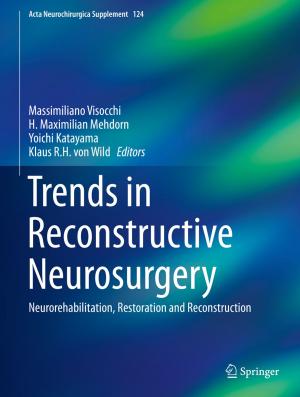Post-Crash Economics
Plurality and Heterodox Ideas in Teaching and Research
Business & Finance, Economics, Theory of Economics, Nonfiction, Reference & Language, Education & Teaching| Author: | ISBN: | 9783319658551 | |
| Publisher: | Springer International Publishing | Publication: | November 21, 2017 |
| Imprint: | Palgrave Macmillan | Language: | English |
| Author: | |
| ISBN: | 9783319658551 |
| Publisher: | Springer International Publishing |
| Publication: | November 21, 2017 |
| Imprint: | Palgrave Macmillan |
| Language: | English |
This book demonstrates the continuing relevance of economics for understanding the world, through a restatement of the importance of plurality and heterodox ideas for teaching and research. The Great Financial Crash of 2007–8 gave rise to a widespread critique of economics for its inability to explain the most significant economic event since the 1930s. The current straightjacket of neo-classical undergraduate economic teaching and research hinders students’ understanding of the world they live in. The chapters in this book provide examples to demonstrate the importance of pluralistic and heterodox ideas from across the breadth of economics. The authors’ plurality of approach is indicative of the fact that economics is a much broader discipline than the dominant neo-classical orthodoxy would suggest. This volume provides undergraduate students with a range of alternative ideas and university lecturers with examples whereby the curricula have been broadened to include pluralist and heterodox ideas.
This book demonstrates the continuing relevance of economics for understanding the world, through a restatement of the importance of plurality and heterodox ideas for teaching and research. The Great Financial Crash of 2007–8 gave rise to a widespread critique of economics for its inability to explain the most significant economic event since the 1930s. The current straightjacket of neo-classical undergraduate economic teaching and research hinders students’ understanding of the world they live in. The chapters in this book provide examples to demonstrate the importance of pluralistic and heterodox ideas from across the breadth of economics. The authors’ plurality of approach is indicative of the fact that economics is a much broader discipline than the dominant neo-classical orthodoxy would suggest. This volume provides undergraduate students with a range of alternative ideas and university lecturers with examples whereby the curricula have been broadened to include pluralist and heterodox ideas.


